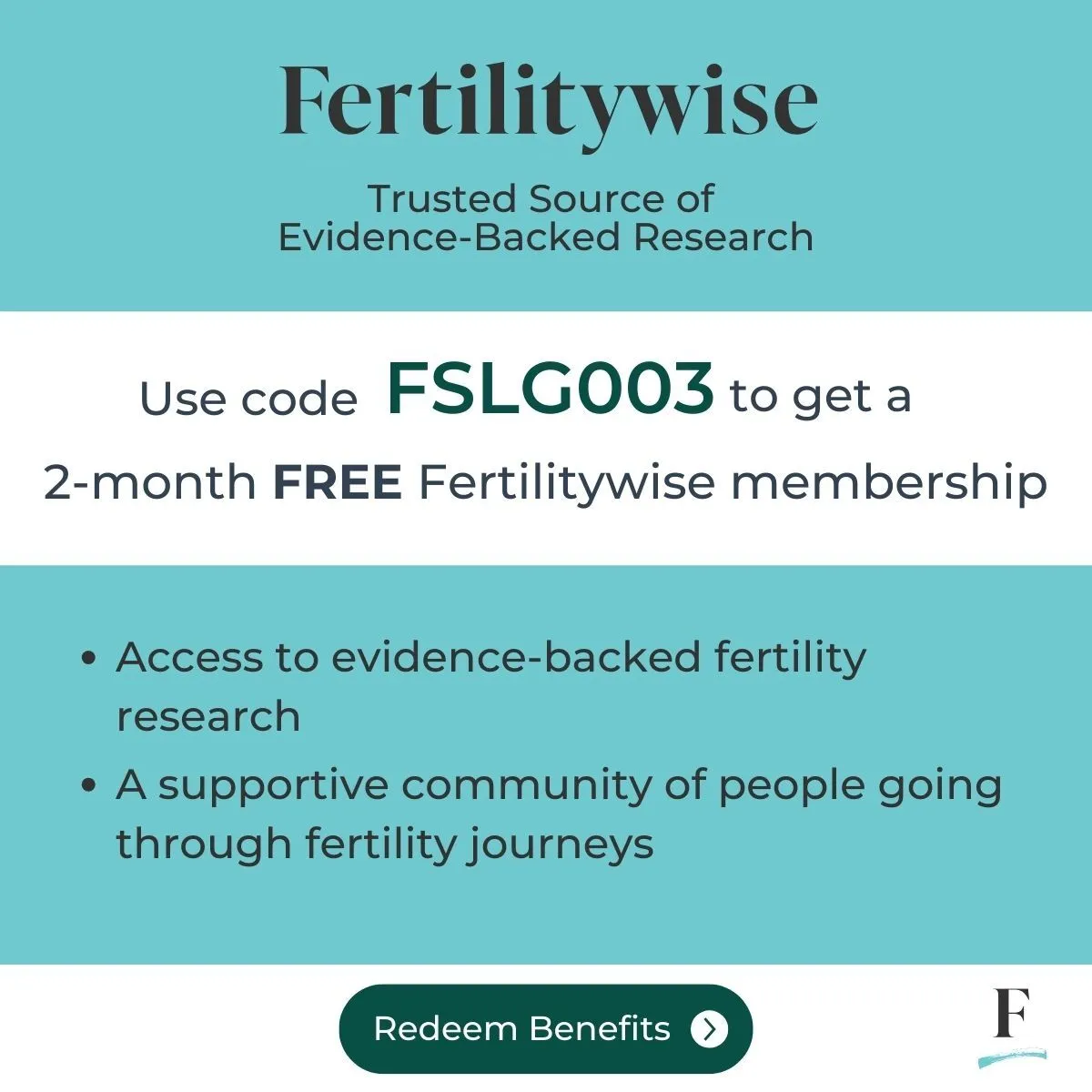Young women who want to be egg donors in California have several factors to consider before deciding to go through the process. Even working with an established company, there are some potential risks to be aware of for egg donors.
Main risks of donating eggs
Egg donors, which are also called embryo donors, face these potential risks:
- Pregnancy when not abstaining from intercourse
- Swelling of the ovaries due to the stimulation medications
- Temporary weight gain from fluid retention
- Medication side effects like bloating and cramping
- Bleeding during the egg retrieval process
- Infection due to the egg retrieval process
The medications and the egg donation process are not known to cause infertility in women. Medical professionals usually collect between 12 and 25 eggs per cycle. The average woman has about 300,000 eggs when she first starts menstruating.
Is it worth it to become an egg donor?
The good news is that several of the more severe side effects are uncommon. Each woman should consider the pros and cons of the process before deciding. For example, some women may welcome the extra income and want to help others start a family. For those supporting a family member, the choice to help that family member may be rewarding. Before making a decision, it also helps to understand how IVF works with egg donations.
Women who have spouses or partners should also discuss egg donation with them before deciding. The side effects and the requirement for abstinence or extreme care during sexual activity may create problems for some couples.

At Fertility & Surrogacy Legal Group, APC, we are passionate about helping families grow through assisted reproduction. Our attorneys provide trusted, compassionate legal guidance to protect your rights and make the family-building process as seamless as possible.

